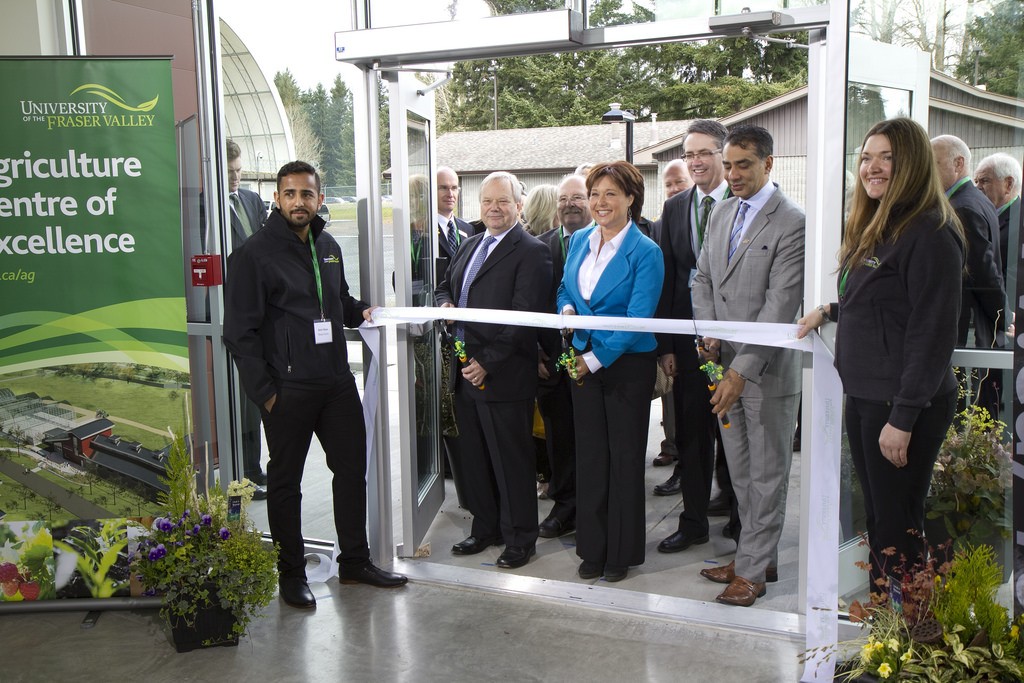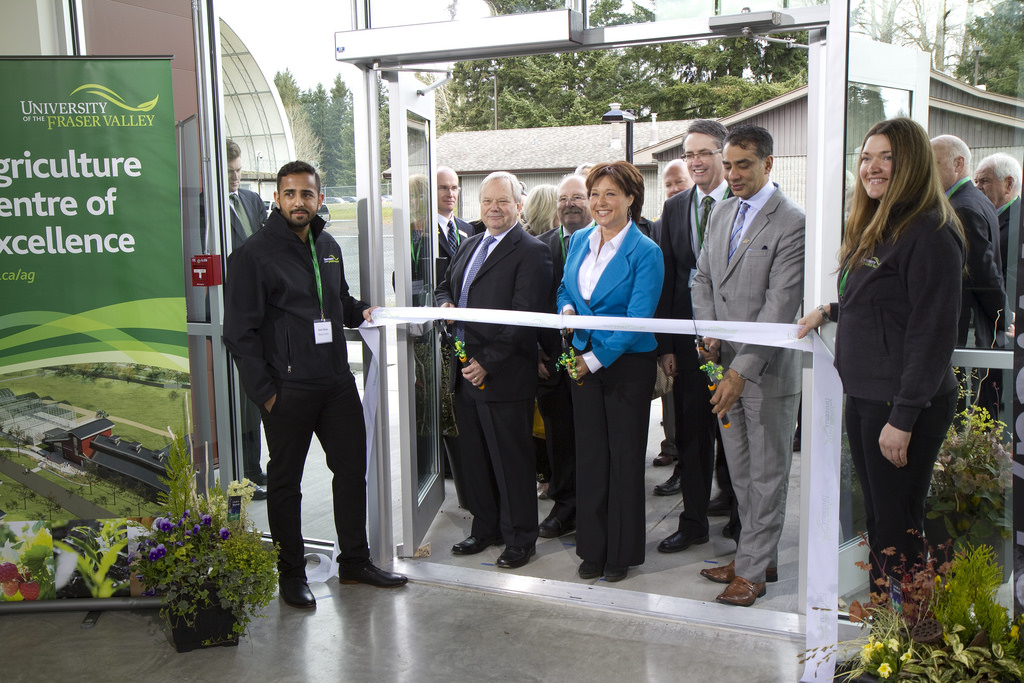By Kodie Cherrille (The Cascade) – Email

As we sat on the couch, watching the election results coming in at the Canoe, I told The Cascade’s video editor, Mitch Huttema, that the bachelor of media arts program was declined by BC’s Ministry of Advanced Education over the weekend.
He pounded his fist into the cushion of the couch. “That’s not cool,” he said.
He went on to explain that, since starting at UFV in 2013, he’s been using an unofficial program guideline, provided by an academic advisor, which includes the course requirements for the media arts program — though he decided to err on the side of caution, and continued studying as a bachelor of fine arts. So when he heard that the program proposal was rejected, he was frustrated that he wouldn’t be able to take part in what sounded like a promising program, but also thankful that he didn’t put all his eggs in one basket.
I suspect that there are others who will feel a little bit more despondent about this news — like, say, our dedicated theatre students.
Rejection does not spell doom for these programs, but it doesn’t help students who may have been waiting for these programs for years. And if UFV president Mark Evered is right when he says that student demand influences UFV’s decisions in creating certain programs, it’s safe to say that there will be other students in Huttema’s position, or worse: waiting, and getting ever more frustrated, as programs they’d like to be a part of get declined and delayed.
It’s no secret that UFV’s been preparing for these programs for quite some time. A professor of mine had spoken about the proposed bachelor of education program in class, as did a consultant for the teacher education program when I spoke with her. It’s clear that the faculty involved in these projects are excited at the chance of seeing their plans come to fruition.
The Province of British Columbia has been giving some positive signals, too, like when Christy Clark spoke at the opening of UFV’s Agriculture Centre of Excellence in 2014. I doubt the government’s decision is arbitrary, but when in one year, the premier speaks on how the new centre is in line with the province’s goals for education and the economy, and in the next, the province declines UFV’s agriculture major program, it feels an awful lot like waffling.
It also begs the question: if this is what a “no” looks like — the student demand, the years of unofficial guidelines, and government endorsements — what exactly does a “yes” look like?
But beyond any rationale behind the rejection of these proposals (however temporary), beyond lighter or heavier criticism of the university or government, there are the students, and they’re still waiting. How long will they have to hear about what UFV has in store for them before being able to take part? How long will they tolerate being told that there is a distinct place for their passion here, while other institutions down the road beckon them?


